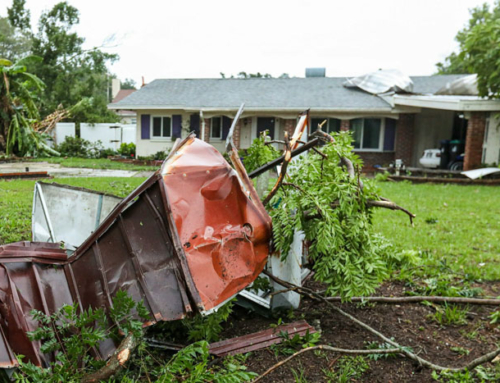In addition to the $85 million PRO Housing Program, the Biden Administration made several important announcements over the summer, that help tenants, that provide new funding, and that focus on new tools and approaches. One area the Administration highlights is the potential for increasing the housing stock by converting underutilized or vacant office and commercial space.
Programs include:
- Actions to Eliminate Junk Fees for Renters—The Administration received commitments from several rental housing platforms, including Zillow and Apartments.com, to increase transparency and provide tenants with complete information about rentals that includes all fees and charges (i.e., parking, garbage, utilities). More information is included in this HUD policy brief.
- Improving Transit Access to Affordable Housing—A new Reconnecting Communities and Neighborhoods Program (RCN) will provide up to $3.16 billion for the planning and development of capital projects that increase access for communities that have been cut off from economic opportunities by transportation infrastructure, including improving connections to affordable housing and increasing housing supply through zoning reform. RCN will provide $450 million for a Regional Partnership Challenge that incentivizes regional partnerships working together on equitable access and mobility.
- Conversions of Commercial Buildings to Housing– The formation of an inter-agency task force charged with developing and directing federal resources to create new housing opportunities from underutilized office and commercial buildings. As part of this effort, the General Services Administration will be tasked with identifying and marketing federal surplus commercial properties that could be converted to residential use. The Administration has plans to provide new funding for research, including publishing a guide for jurisdictions to use to feasibly implement conversions. HUD plans to release a policy brief on this topic later this year.
- Funding for Climate Resilient Housing and Clean Energy Investments—the Environmental Protection Agency released notices of funding opportunities (NOFOs) for the $27 billion Greenhouse Gas Reduction Fund to provide financing for clean energy projects that include retrofit to housing development, construction of zero emission buildings, and commercial to residential conversions. NOFOs are now active for all three grant programs comprising the fund — the $14 billion National Clean Investment Fund, the $6 billion Clean Communities Investment Accelerator, and the $7 billion Solar for All competition.
- Tenant Outreach and Education — The Administration has allocated $10 million for tenant education, outreach, and organizing. See the fact sheet here. The funding reinforces the Administration’s Blueprint for Renter’s Bill of Rights, issued earlier this year, which lays out principles and best practices to strengthen tenant protections, including establishing a new requirement that landlords provide tenants facing eviction with 30-day’s notice for nonpayment of rent. Additionally, the Bill of Rights seeks to ensure that all renters have the ability to review and address incorrect tenant screening reports.
RAD Program Flexibility – New tools for public housing authorities and owners of multifamily housing that are participating in the Rental Assistance Demonstration (RAD) program that provide new flexibility to support repairs for thousands of homes over the next three years. Check out the supplemental RAD notice here.











